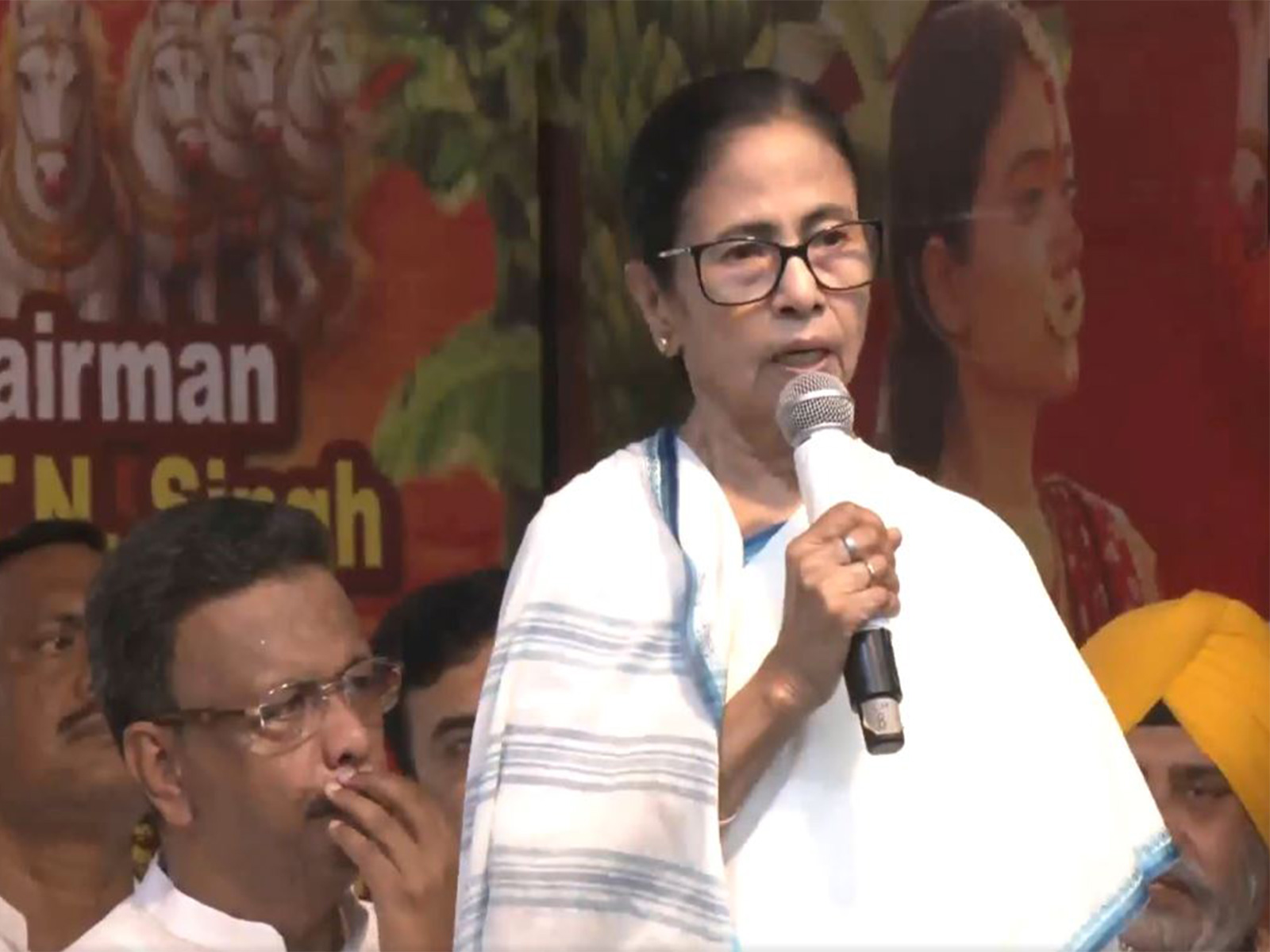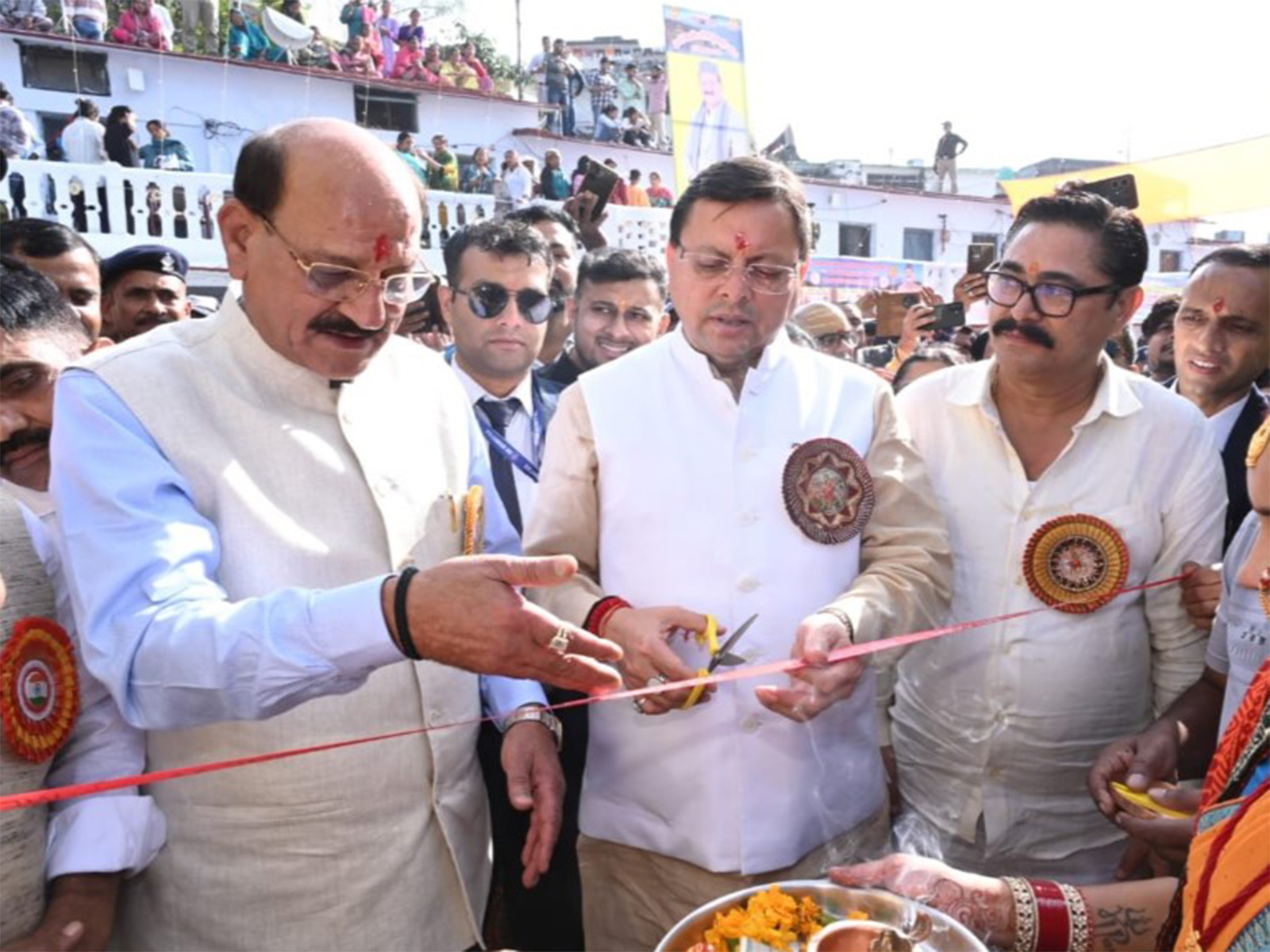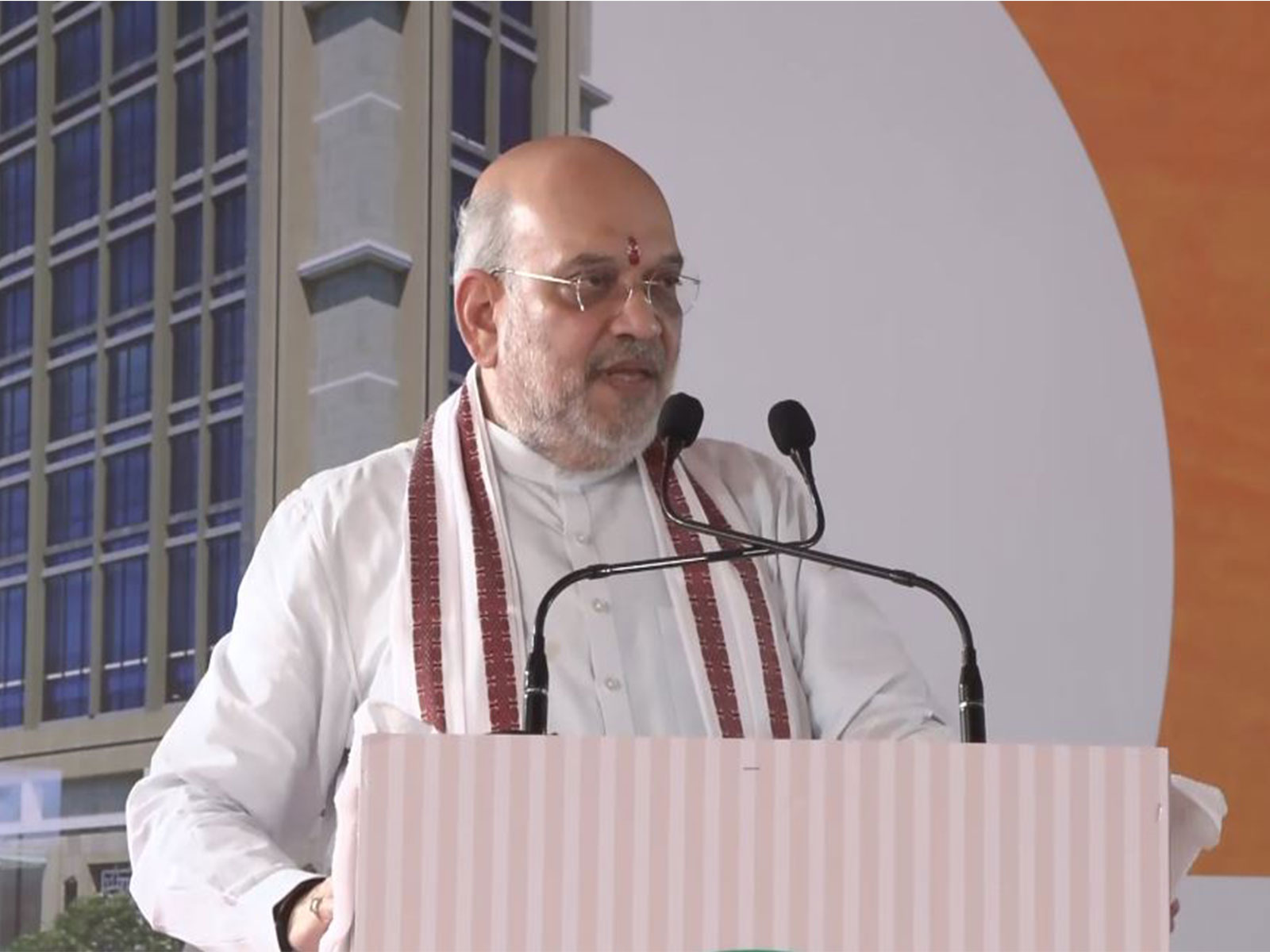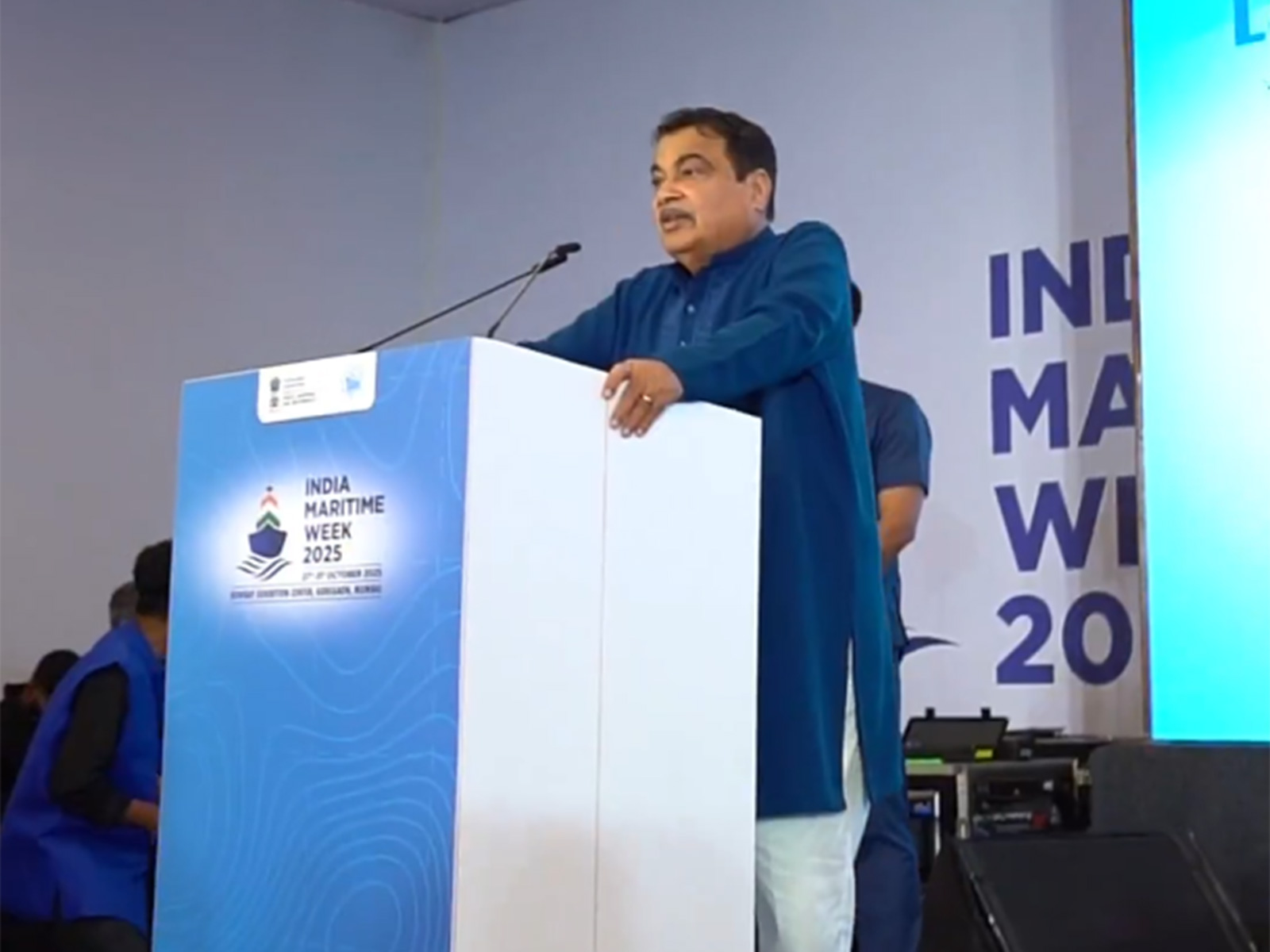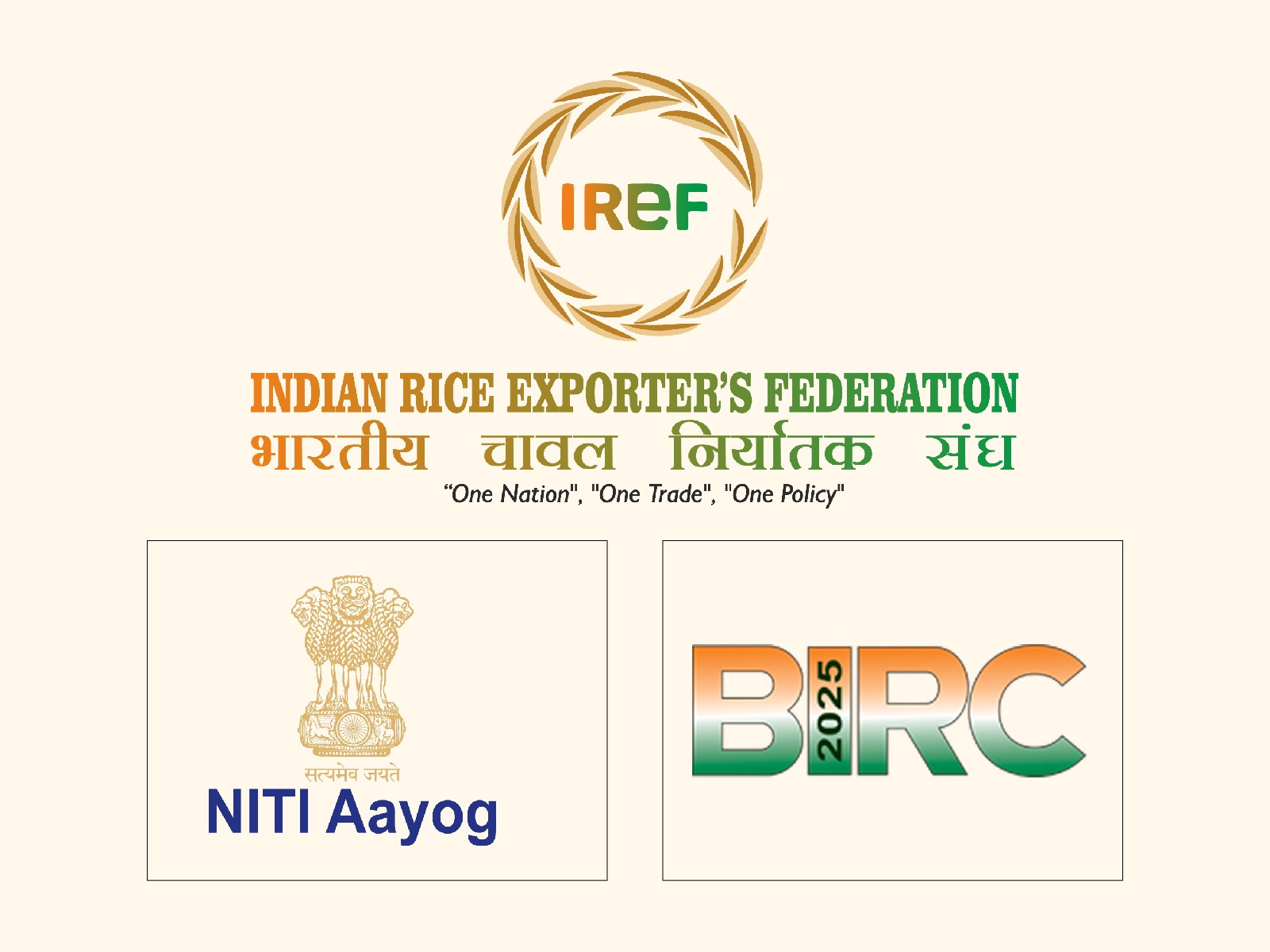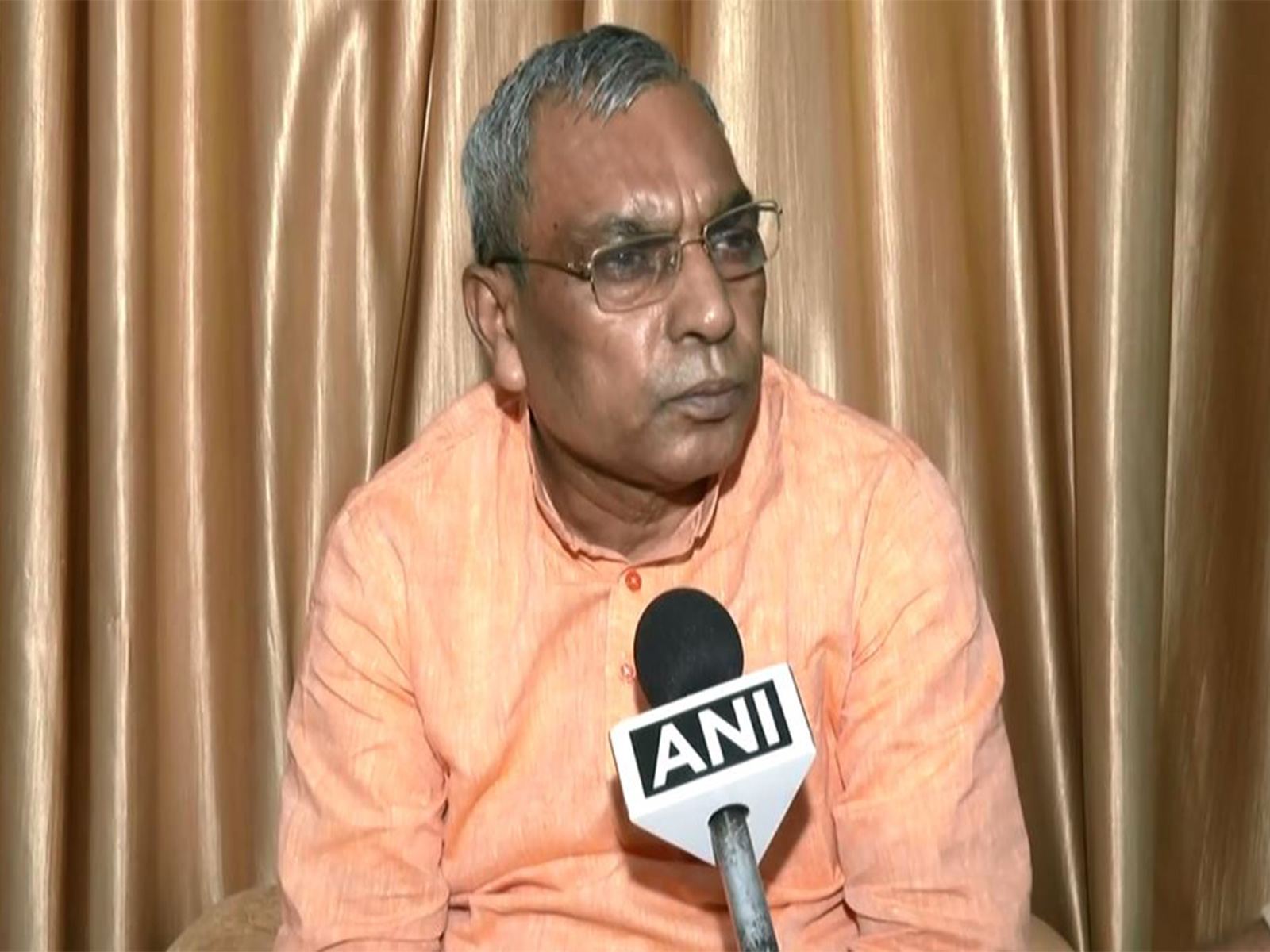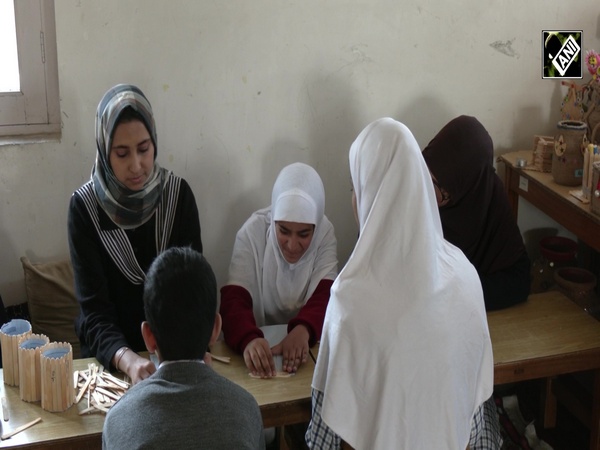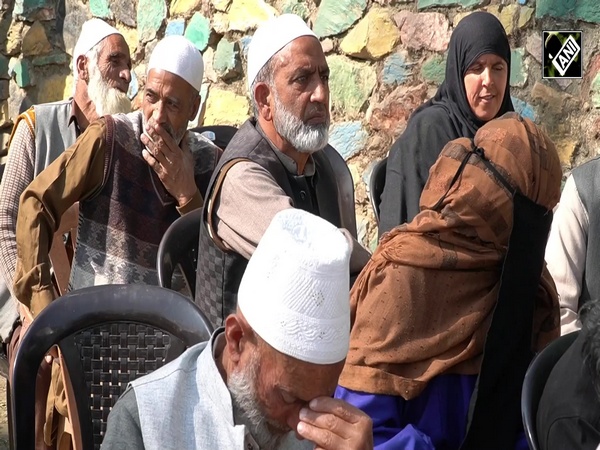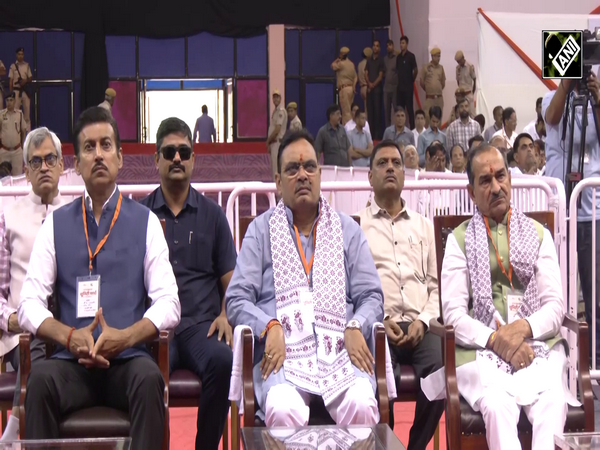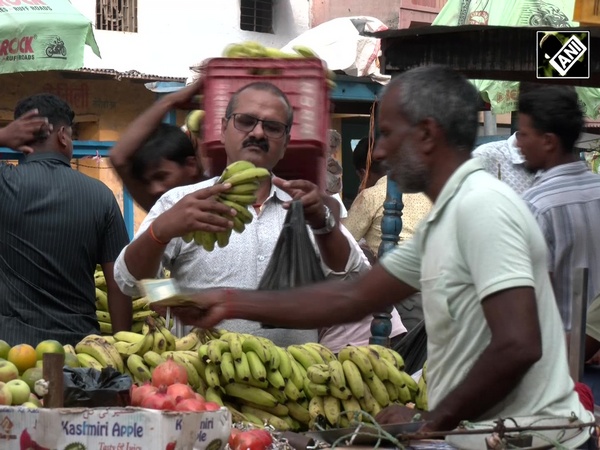Namami Gange project revives Kanpur's Ganga from pollution to purity
Jul 17, 2024

Kanpur (Uttar Pradesh) [India], July 17 : The rejuvenation of the Ganga in Kanpur is a testament to the dedicated efforts and transformative initiatives of the government and through the Namami Gange project, the city has experienced a remarkable turnaround, with once-polluted waters now reflecting a cleaner state.
The city produces an estimated 400 million litres per day (MLD) of municipal sewage and industrial effluent. A multi-level strategy was planned by the National Mission for Clean Ganga, including tapping drains, upgrading, and constructing new common effluent treatment plants (CETPs) and sewage treatment plants (STPs), and developing ghats.
In Kanpur, drains, including Sisamau Nala, flowing into the Ganga have been intercepted and diverted to sewage treatment plants, significantly reducing the pollution load on the Ganga.
Currently, 487 MLD treatment facility are operational in Kanpur, such as the 210 MLD STPs in Bingawa, 205 MLD STPs in Jajmau, 42 MLD STPs in Sajari, and 30 MLD STPs in Pankha.
Several projects have been developed and are under construction in Kanpur and its adjacent areas with the aim of safeguarding the river Ganga, like STPs in Unnao (15 MLD) and Bithoor (2 MLD) that have been constructed, and 5 MLD in Shuklaganj that is under construction.
To ensure accountability, desired performance standards, and long-term sustenance, NMCG has adopted the HAM model for 15 years of operation and maintenance of projects in Kanpur, Unnao, and Shuklaganj.
Pankaj Kumar, Senior Engineer at Shuklaganj 5 MLD Plant, said, "Seventy-five percent of the work has been completed. Five sewers from Indiranagar, Mohan Nagar 1, Mohan Nagar 2, Railway Bridge, and Ganga Vishnu will be tapped to be released into the Ganga River after treatment. The work will take three to four months to be completed."
Residents acknowledge the substantial difference between Kanpur's previous state and its current, cleaner environment, highlighting the success of the Namami Gange project.
To manage industrial effluents from tanneries in Kanpur, a 20 MLD Common Effluent Treatment Plant (CETP) has been constructed in Jajmau.
Upgradation of CETPs in the Banthar and Unnao industrial cluster areas to address pollution from leather factories discharging their waste into the river is in various phases of development. These projects underscore the ongoing commitment of Namami Gange to address various sources of pollution and improve the overall health of the Ganga River.
In Kanpur and Bithoor, the NMCG has constructed and renovated more than 24 ghats and three crematoria.
Notably, in 2019, the construction of Atal Ghat near the Ganga Barrage was completed. These efforts extend beyond mere infrastructure development.
Namami Gange is focused on enhancing riverfront areas to improve aesthetics, promote tourism, and facilitate public access. Moreover, involving local communities in river cleaning drives, awareness campaigns, and sustainable practices is a key aspect of the initiative.
Visitors at ghats like Atal Ghat, Bhahmavatar Ghat, Bahirav Ghat, Rani Lakshmi Bai Ghat, and others now experience a significant change in the condition of the holy Ganga and its banks. 
This positive transformation is a testament to the success of the Namami Gange project in fulfilling its objectives and bringing immense satisfaction to locals and visitors alike.
The efforts of Namami Gange in Kanpur highlight a firm commitment to pioneering environmental sustainability. Alongside enhancing community well-being, Namami Gange is actively exploring additional plans to further improve conditions in the industrial city.
These initiatives aim to address various environmental challenges, promote sustainable practices, and continue the progress towards restoring the health of the Ganga River.
